The Importance of Mineral Supplementation in Ruminant Health & Productivity
Australia’s vast and varied landscapes pose unique challenges for livestock nutrition. From drought-prone outback pastures to lush coastal highlands, the mineral content of pasture can differ significantly. These minerals are essential to maintaining livestock productivity, fertility, and overall health, making supplementation a key management tool.
In this blog, we explore why mineral supplementation is vital for Australian livestock, spotlighting essential minerals and how to identify deficiencies with Riverina Stockfeeds Senior Nutritionist Dr Reza Tahmasbi. While ruminants have survived on pasture for centuries, today’s demand for productivity and efficiency makes targeted mineral support more important than ever. Whether you’re an experienced grazier or new to livestock, understanding these fundamentals can significantly enhance farm performance.
Dr Tahmasbi says farmers feeding primarily on pasture need to consider several factors such as seasonal changes, environmental conditions, soil and pasture quality and more, which can affect the mineral output of their farm.
“For example, as temperatures drop in autumn and winter, we see pasture quality declines—not just in digestibility and protein, but also in mineral content,” he explains.

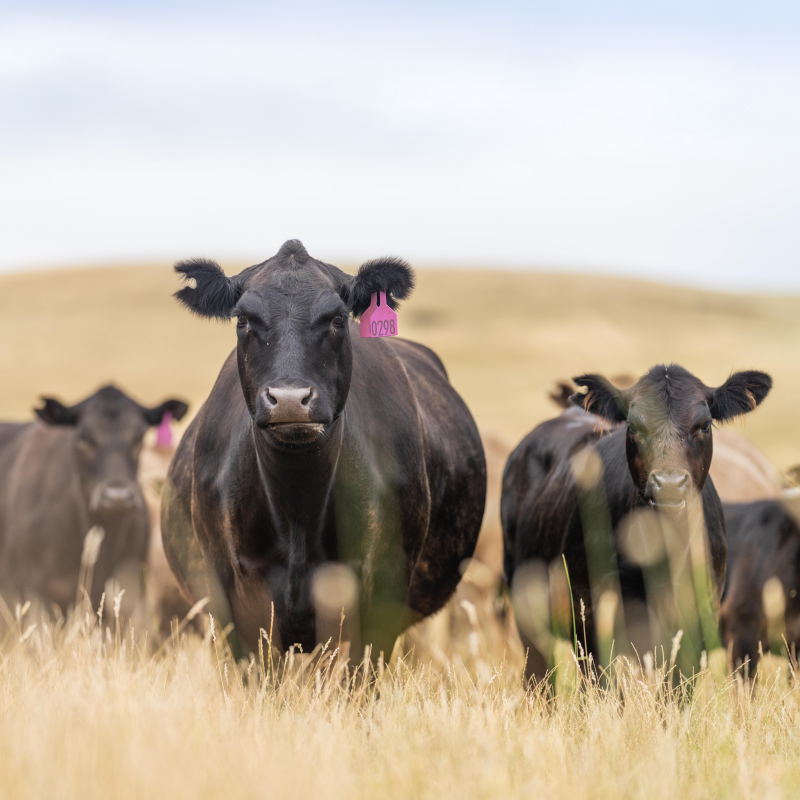
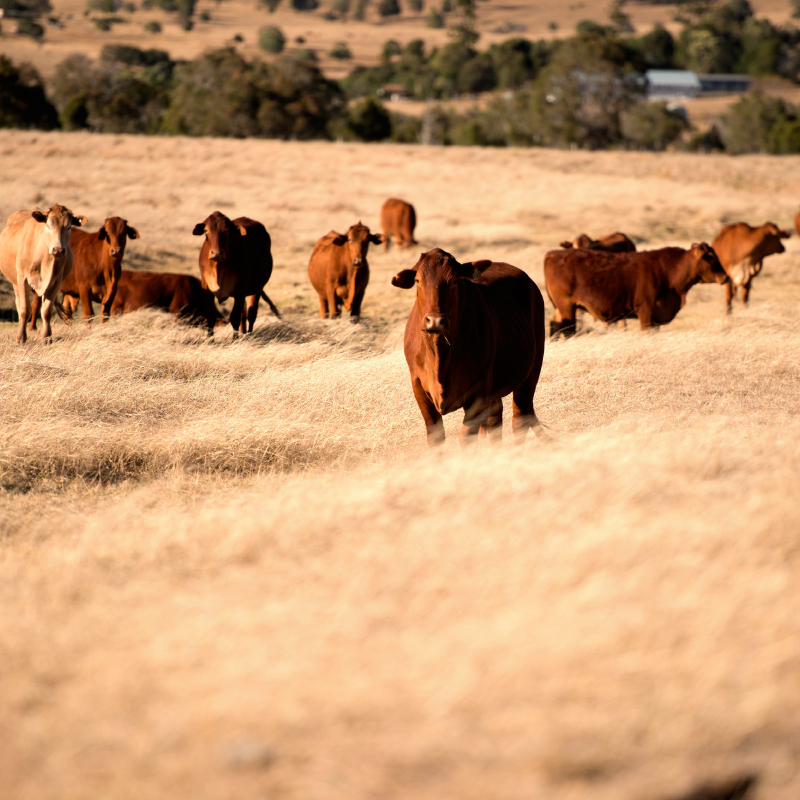
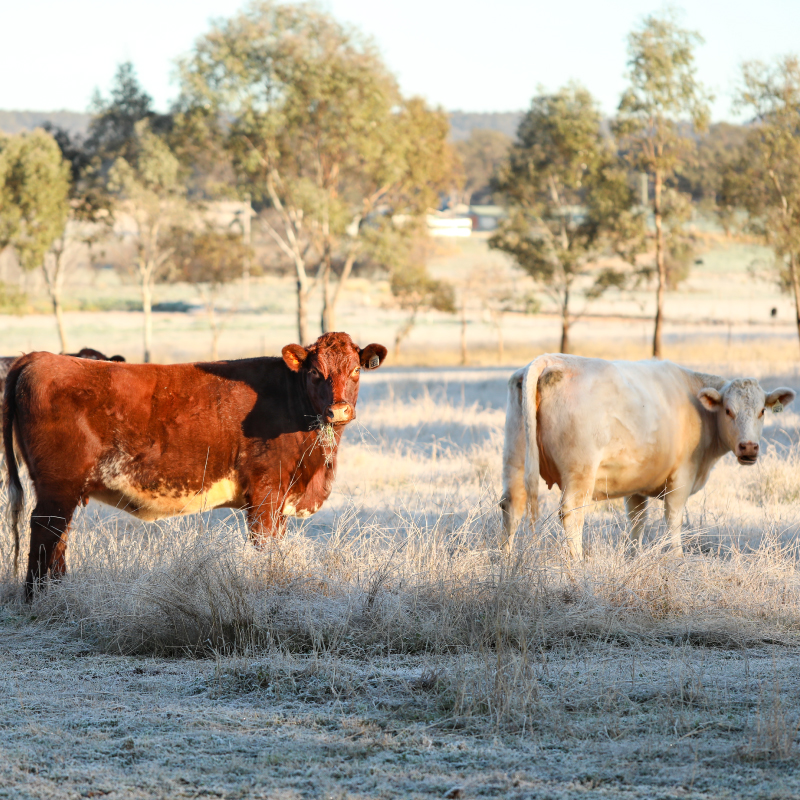
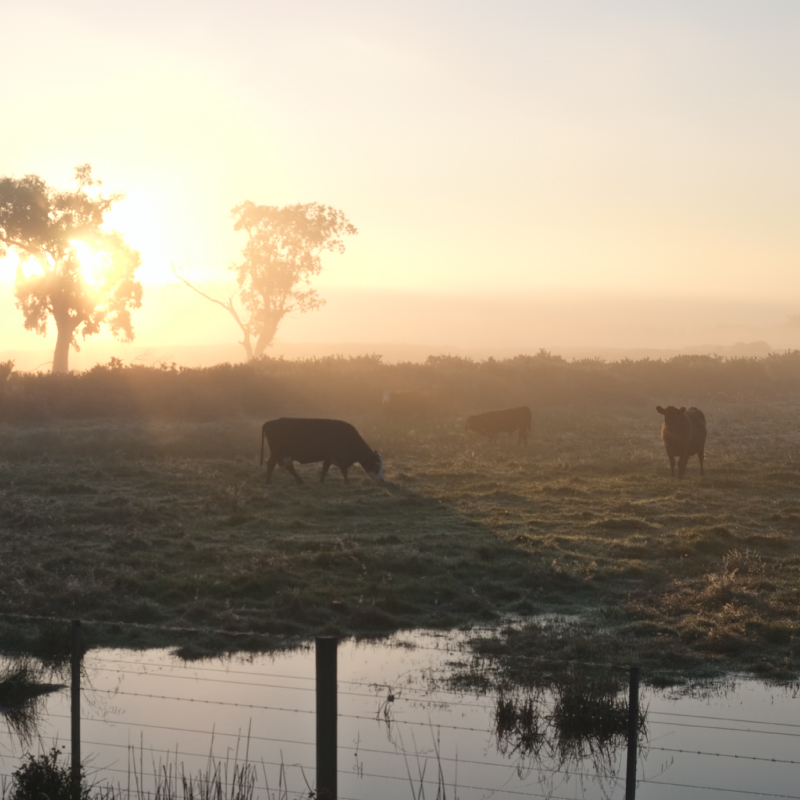
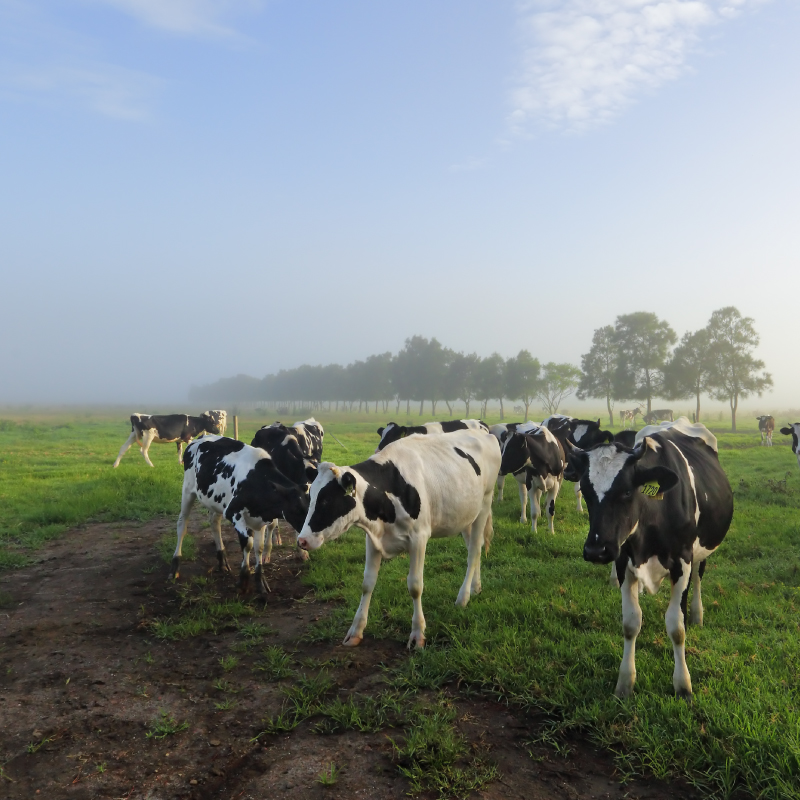



 Beef
Beef
 Dairy
Dairy
 Sheep
Sheep
 Horse
Horse
 Pig
Pig
 Goat
Goat
 Poultry
Poultry
 Bird
Bird
 Dog
Dog
 Special
Special
 Feed Materials
Feed Materials